Ever played your favorite song and caught your dog howling along? Whether it’s a slow piano tune or a grunge guitar riff, some dogs just can’t help but join the chorus. This isn’t just noise—it’s their way of connecting, communicating, and expressing joy.
It has even been shown that different songs can have different effects on dogs, such as calming, soothing, or getting your dog excited.
As per AKC, dogs howl because it’s instinctive, rooted in their ancestry. Wolves howl to communicate—mark territory, find pack members, or unite the group. Modern dogs echo this behavior, often howling in response to others without knowing why—it’s in their DNA.
This article explores 7 dog breeds that howl when their favorite song plays. These breeds don’t just hear music—they feel it. You’ll discover which notes spark howling, why dogs react to particular songs, and how this builds a unique bond between you and your pet. Let’s explore this canine chorus together.
Dog Breeds That Howl When Favorite Song Plays
1. Chihuahua

Chihuahua dogs are loving with those they trust and tend to bond closely with their families. They are excellent companions and even better lap dogs, as per PetMD.
Chihuahuas may be tiny, but their voices carry. They’re surprisingly responsive to high-pitched songs and musical tones. Sometimes, just one dog can sound like a choir.
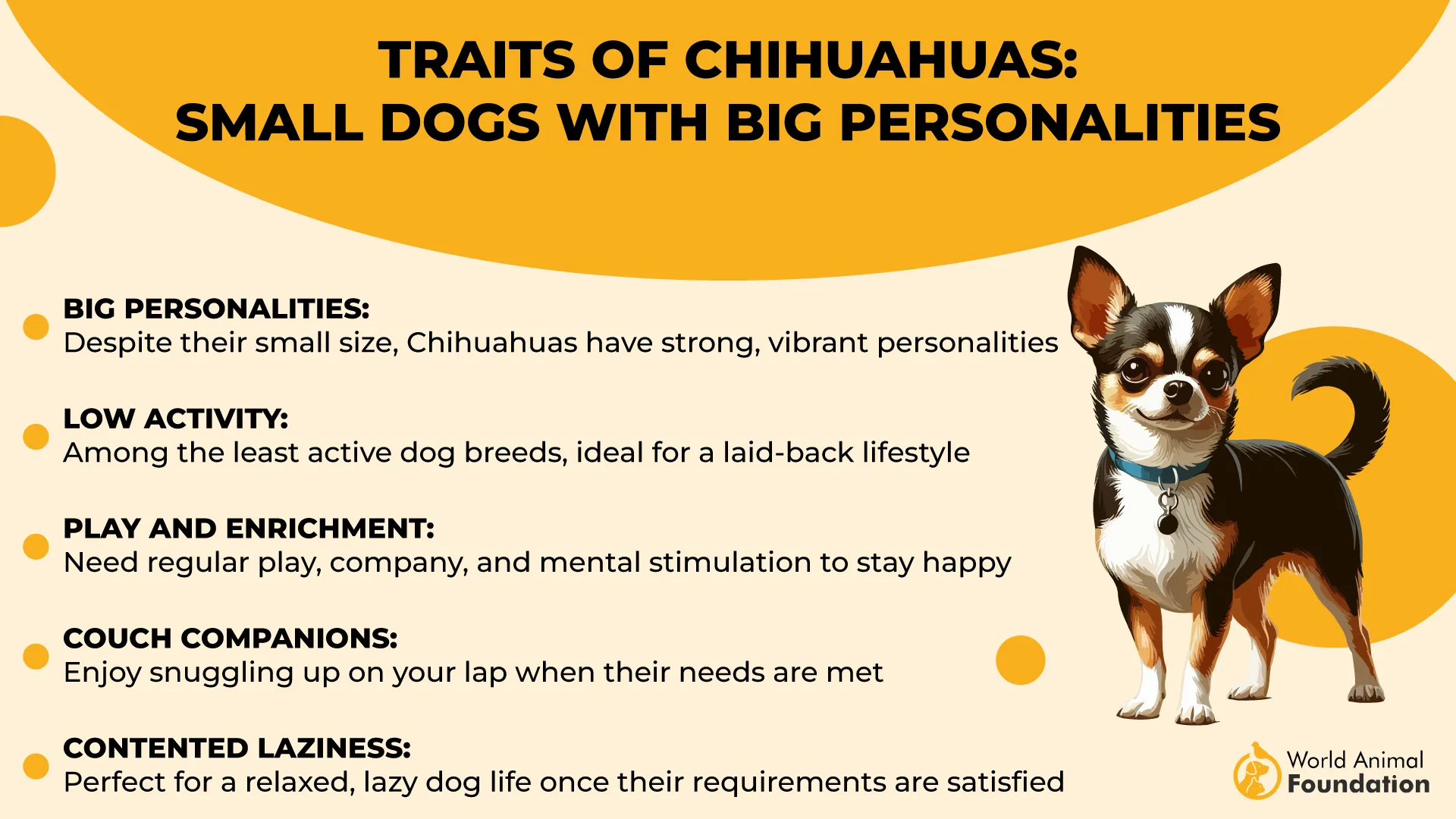
They’re sensitive to sound, reacting to pitch shifts, especially in pop or acoustic music. Some dogs howl when hearing piano or reed instruments. Others react to strong vocals, like Britney Spears, or soft grunge tracks.
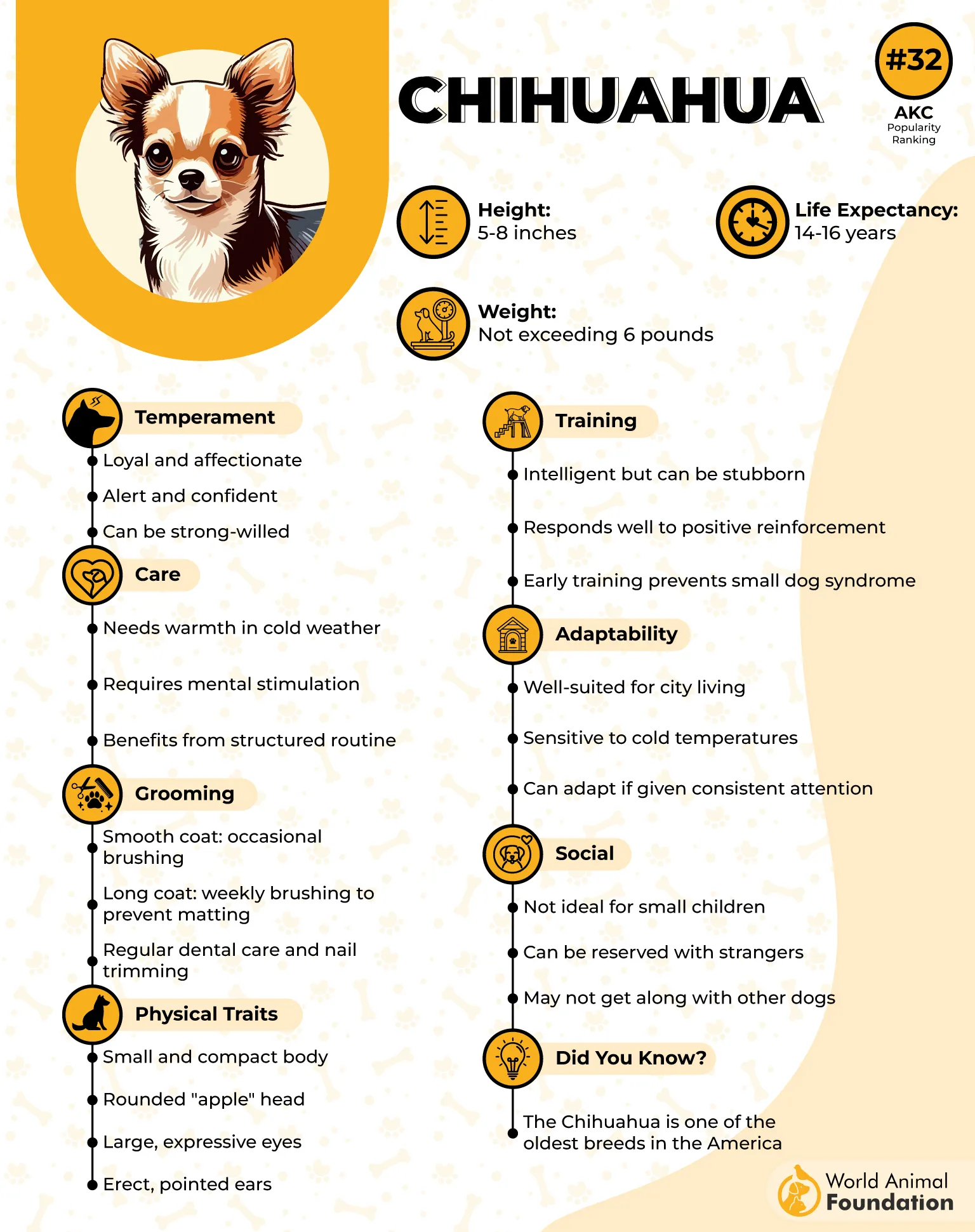
These howls often start as barks, then turn musical. Owners notice their Chihuahua “sings” when emotionally moved. It’s not noise—it’s joyful expression.
Their musical preference varies. But most respond best to emotional melodies or familiar tunes.
They join the sound like other pack members would.
2. Beagle

Beagles are happy, friendly dogs who crave attention. Being tolerant dogs, they make a good addition to a household with other pets or small children, as per Omlet.
Beagles have big voices in small bodies—and they’re known for howling along to music. Their keen ears can catch high-pitched tones a human ear might miss. That makes them responsive to certain music styles and instruments.
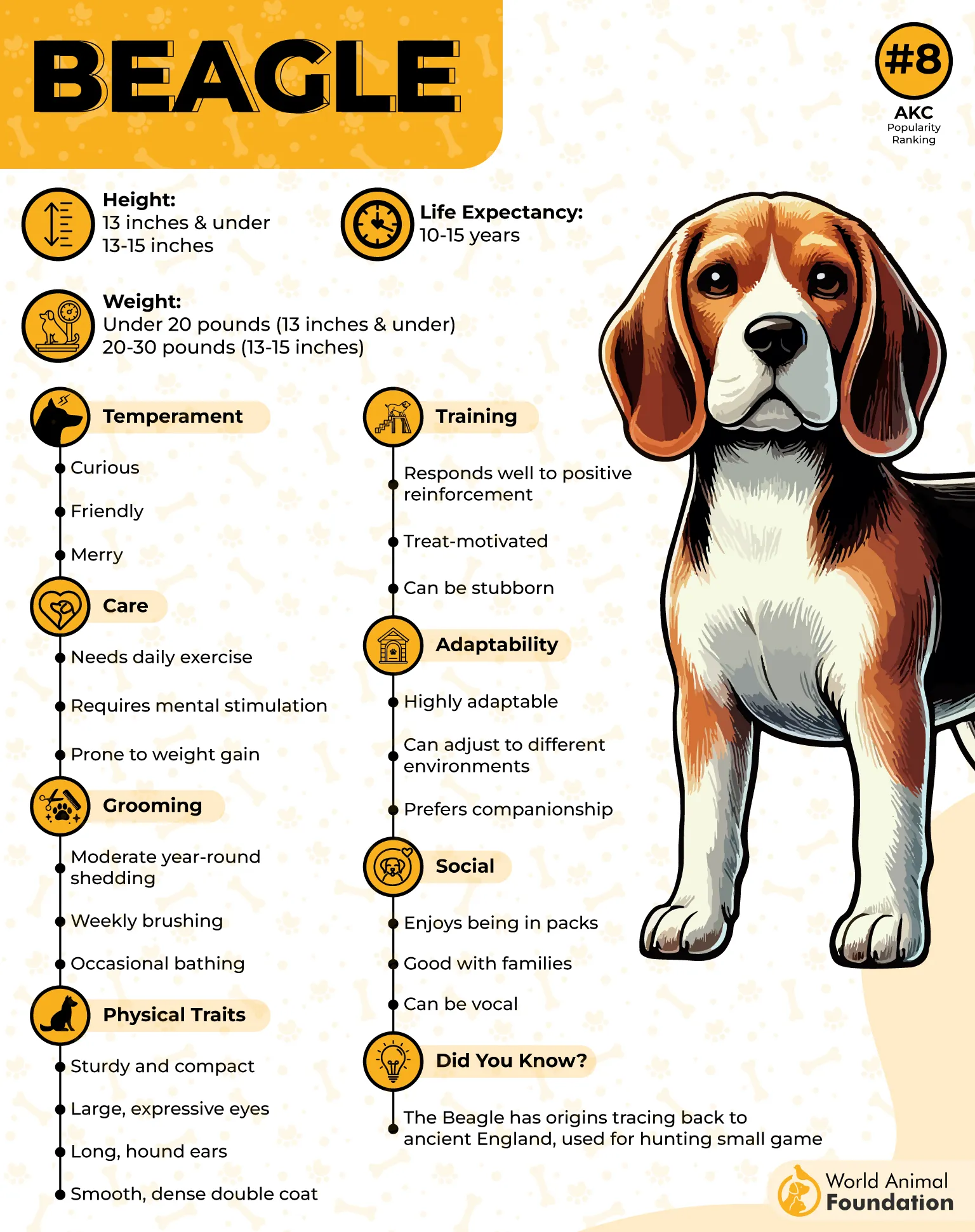
They often howl during popular music, especially songs with long notes. This isn’t just noise—it’s emotional expression. A beagle’s howl can sound like it’s singing backup vocals.
They howl to signal, alert, or share energy. Much like wolves howl to connect with the pack, beagles respond to “pack calls” in music. Some owners say their beagle has a favorite tune!
Watch for how they respond to wind instruments, choruses, or vocal solos. Even a Britney Spears chorus might earn a joyful howl. It’s their instinct—and it creates bonding moments.
3. Basset Hound

Basset hounds are charming, medium-sized dogs in the hound group. They’re very low-key pets that don’t get excited easily, as per WebMD.
Although Basset Hounds are calm by nature, give them the right song, and they’ll let loose. Their deep, melodic howl is striking when paired with soft piano or string music. Especially songs that hold a long note or echo emotion.
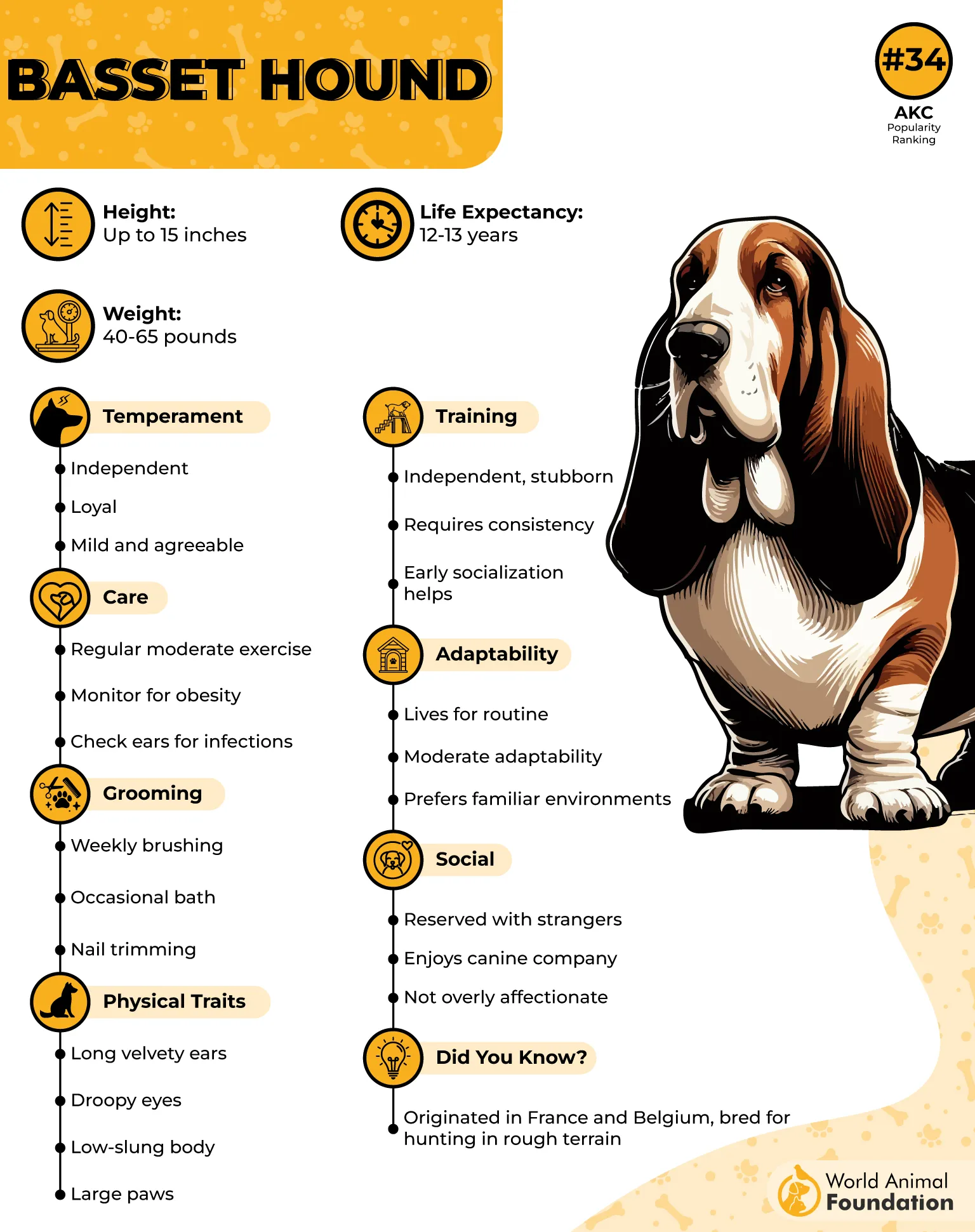
They were bred to howl during hunts. That trait still lives on—only now they howl along with your playlist.
Their response is soulful, not disruptive.
Owners often notice their basset joins music with eyes closed, ears lifted. It feels like a canine performance, not just a reaction. This behavior connects to their pack heritage.
Music that mimics natural sounds—like reed instruments or human vocals—works best. Their howl rises slowly and blends with the rhythm. It’s a musical connection through generations.
4. Yorkshire Terrier

Yorkies are small, smart, and surprisingly tuned into musical tones. Their ears pick up subtle shifts in melody, especially long notes or choruses. When they howl, it’s a tiny, heartfelt sound.
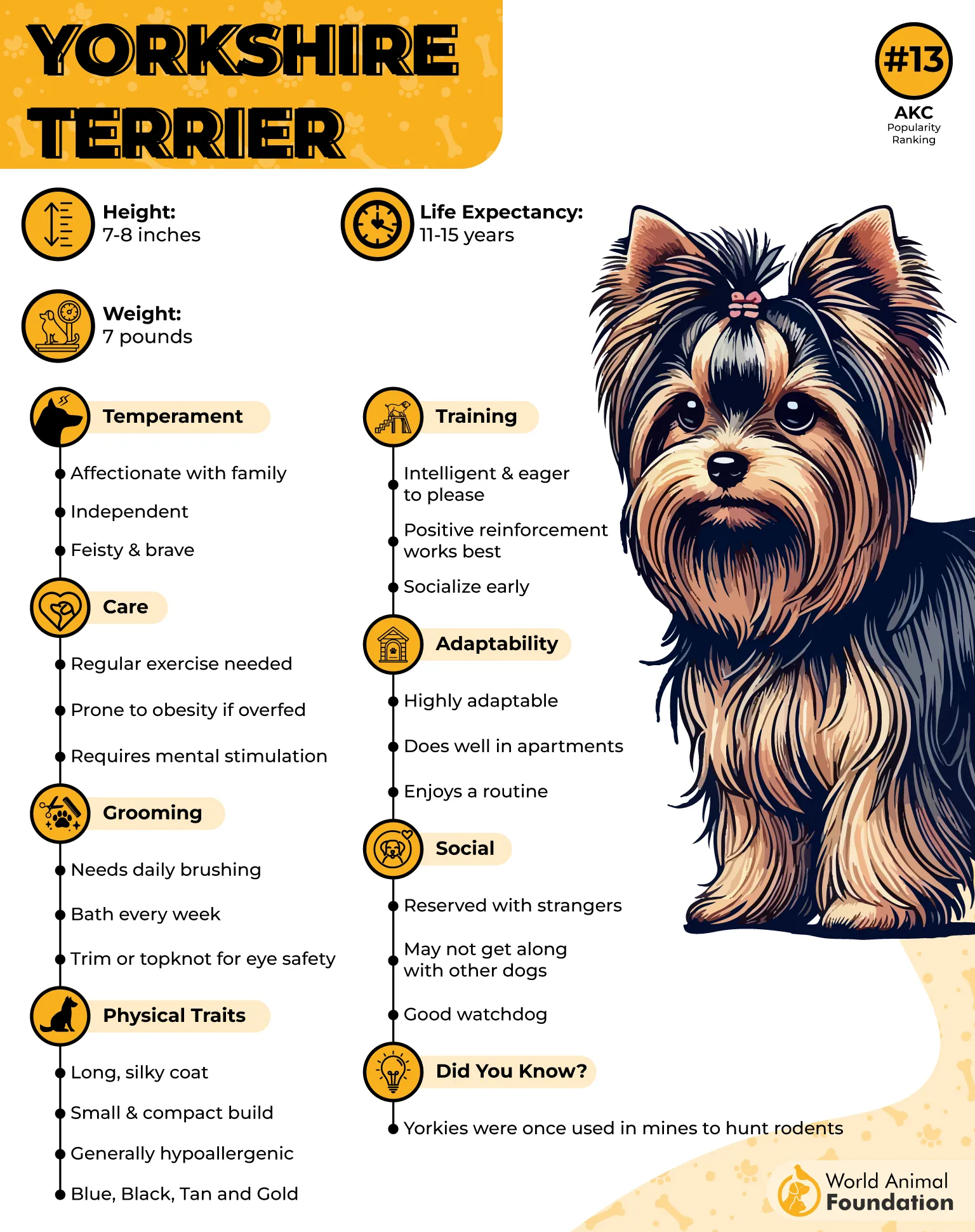
These dogs often react to pop or classical music. Anything with emotional depth or strong pitch draws their attention. Especially reed instruments or voices in slow ballads.
Some Yorkies sit still, then tilt their head and begin a soft howl. Owners say it feels like they’re singing along, not just reacting. Their howl is light, sharp, and distinct.
This isn’t barking—it’s canine communication. A shared response to emotional performance. They join in like backing vocals from a loyal friend.
5. Siberian Husky
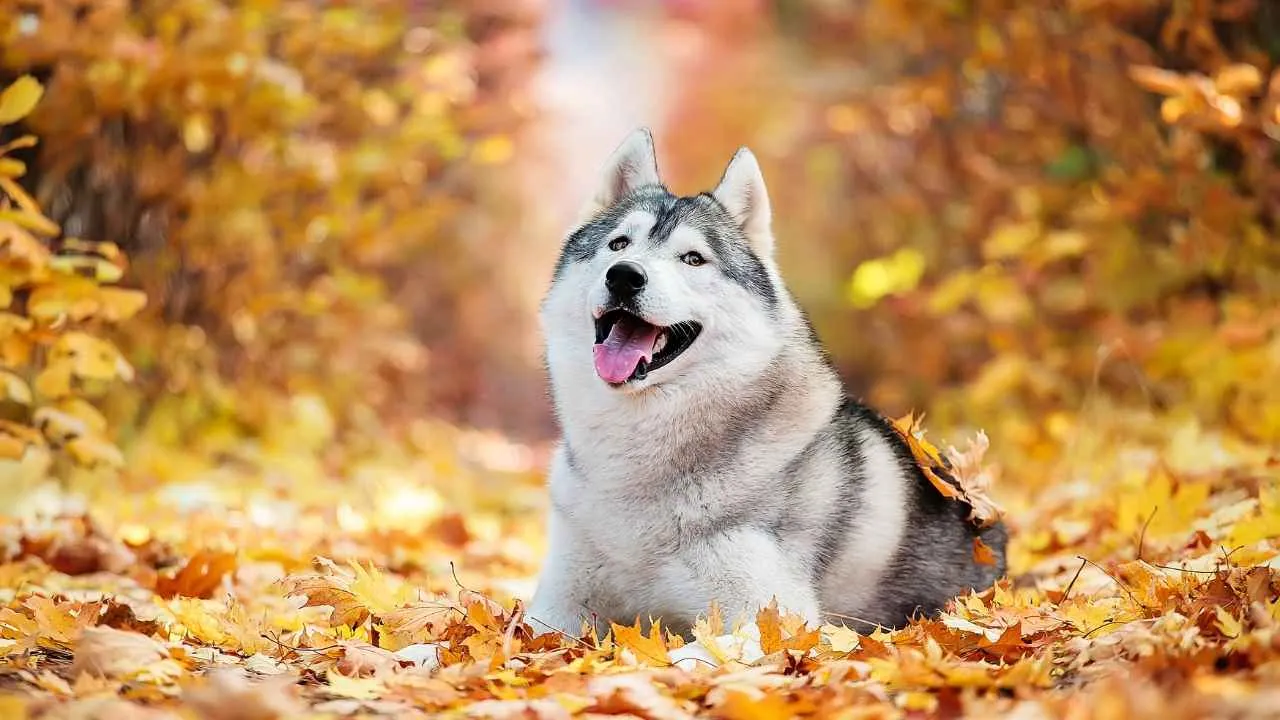
The Siberian Husky is an outgoing, loyal, and mischievous breed that is whip-smart and independent, as per Purina. Moreover, they are famous for their howls, and those often echo louder when music plays.
Whether it’s classical music or grunge vocals, huskies may start howling to match the pitch. They seem especially responsive to long notes and reed instruments.
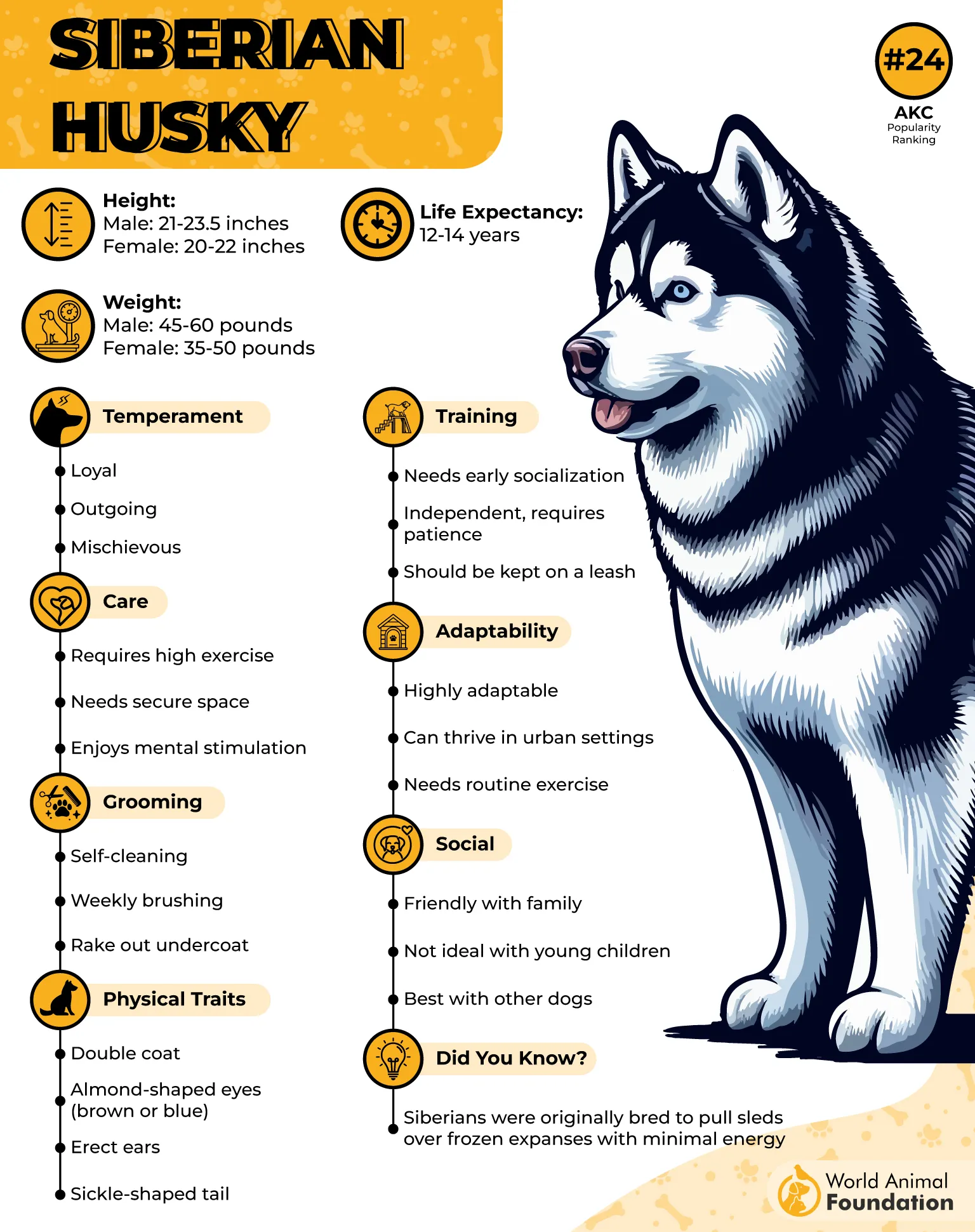
Their howling mirrors their wolf ancestors, who used howls to communicate over distances. To a husky, music may sound like a fellow pack member calling out. This deep-rooted instinct prompts them to join the tune, not just respond.
Owners often notice huskies tilt their heads, close their eyes, and unleash full-throated howls. It’s not barking—it’s true, emotional harmony. Many say it feels like their husky is singing.
This reaction often isn’t random. It’s triggered by tone, rhythm, and emotion, like when they hear Bob Marley or a piano solo. Their howl becomes a musical answer.
6. Pomeranian
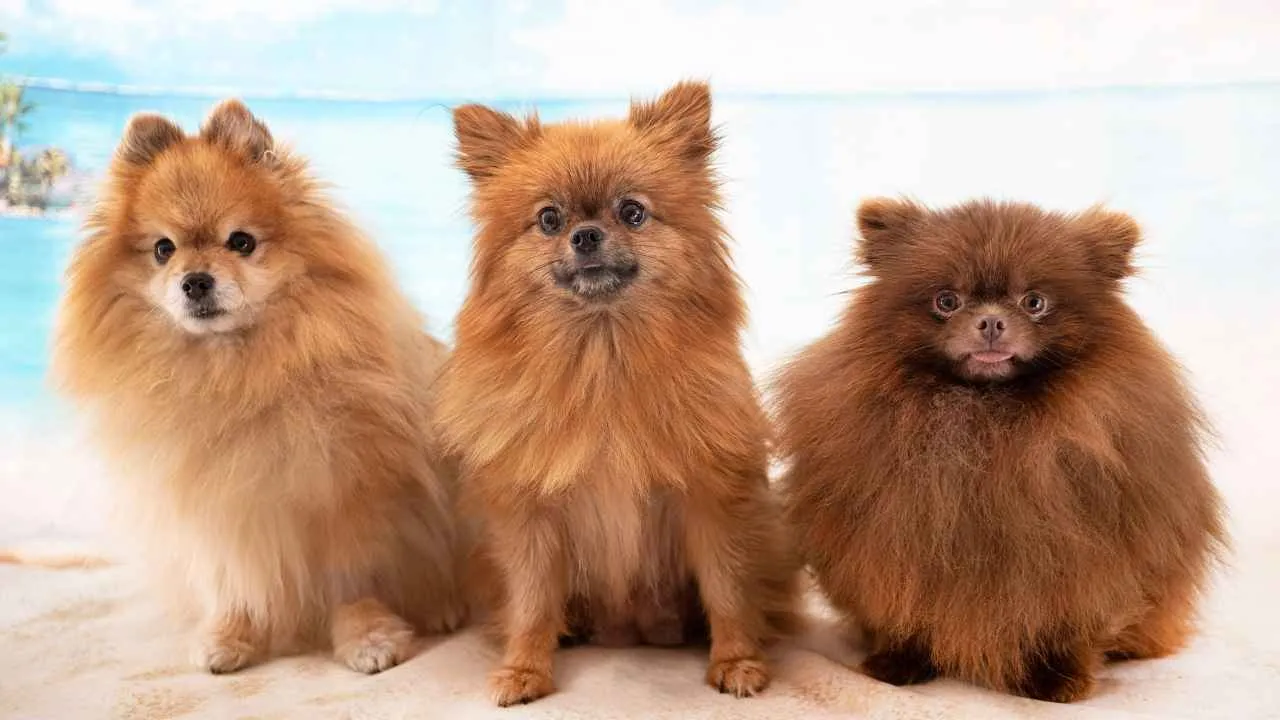
Pomeranians might be small in size, but they have big personalities—and even bigger voices. They are among the most vocal dog breeds, known for barking, yapping, and yes—even howling.
When their favorite song plays, especially with a strong beat or vocal line, many Pomeranians respond by lifting their tiny heads and letting out a surprisingly loud howl.
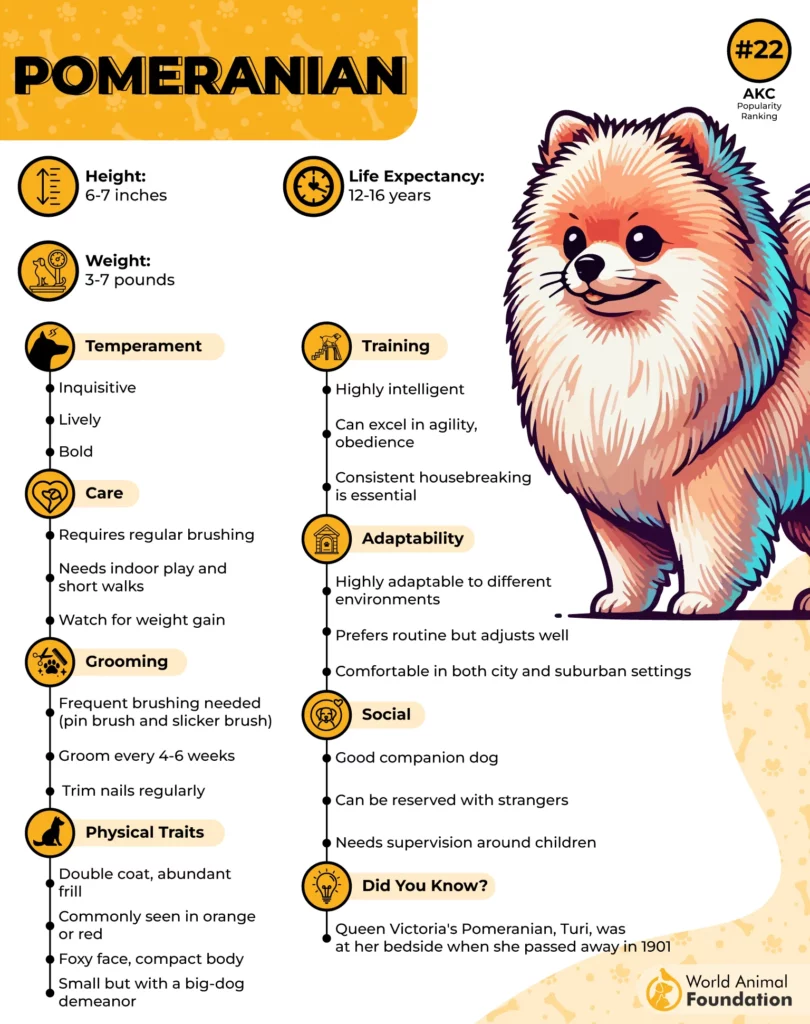
Their behavior isn’t random—it’s emotional and expressive. These lively dogs often respond to classical music, reed instruments, or slow ballads that trigger their emotional side. Some owners say their Pom howls when they hear a specific tune, showing musical preference similar to a human listener.
Howling can also be a way for them to bond with their humans. It’s like they’re trying to “sing along,” joining their pack in a shared moment. This mirrors the ancestral pack instinct seen in wolves.
Their expressive nature and sensitivity to sound make Pomeranians unique companions. Their howls aren’t just noise—they’re a voice full of fun, joy, and emotional connection to the music around them.
7. Miniature Schnauzer

Miniature Schnauzers are lively, intelligent, and known for their talkative nature. These dogs don’t just bark—they express themselves vocally in all sorts of ways, including howling. Music, especially with emotional vocals or classical piano tones, often triggers them to respond.
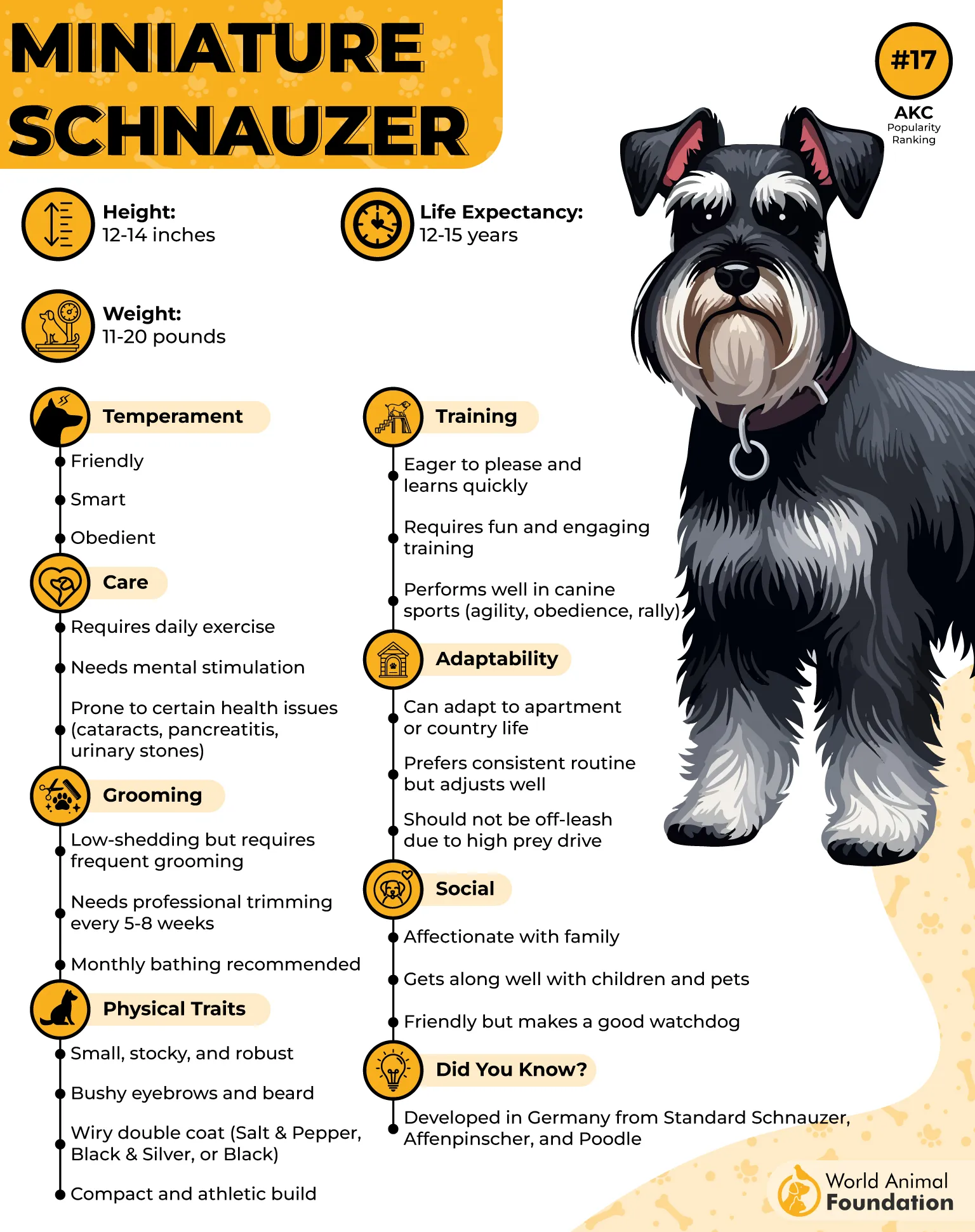
Their howls aren’t random. They tend to react to rhythm, pitch, and emotional energy in songs.
Many owners report their Schnauzers howling along to long notes or vocal solos as if trying to match the tone.
This breed is emotionally sensitive and thrives on connection. When a Mini Schnauzer howls during a song, it often feels like they’re joining in, not just reacting. They may even respond differently to upbeat tunes vs. mellow ballads, showing a kind of musical preference.
Their sharp but rhythmic howls sound almost intentional, like their own version of singing. It’s a fun, joyful behavior that turns listening to music into a shared moment. For Schnauzer owners, it’s both endearing and deeply bonding.
Conclusion
Dogs howl to connect—whether it’s with wolves, other animals, or you. Music is more than background noise to them. It’s a trigger for emotion, memory, and bonding.
These seven breeds don’t just bark—they sing. Their howling tells us they’re listening, feeling, and joining in. From classical to pop, their musical response deepens the human-dog connection.
So next time you play a tune, don’t be surprised. Your dog might just begin the chorus.


